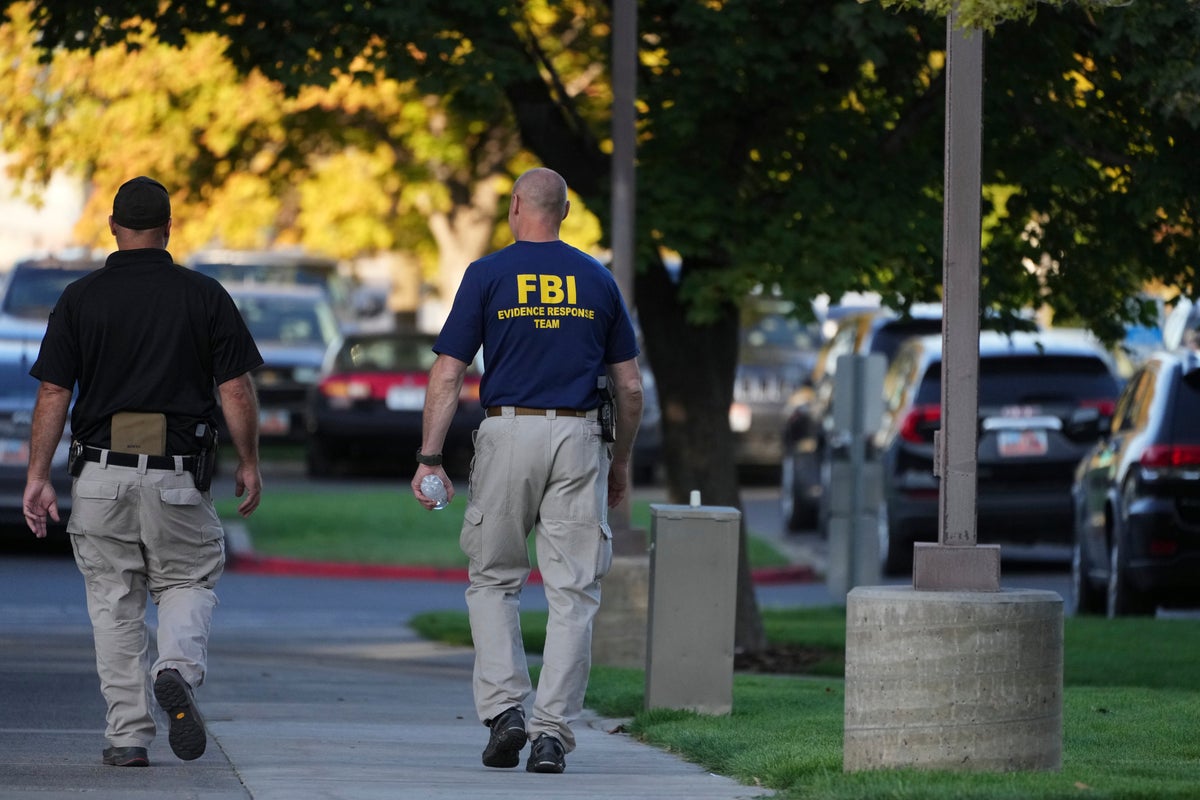
For the first time in decades, the landscape of domestic terrorism in the U.S. has shifted, with incidents linked to far-left extremists now outpacing those attributed to far-right extremists, according to a new study.
The assassination of right-wing activist Charlie Kirk has thrown the spotlight on America’s political violence problem, with commentators on both sides accusing the other of turning up the dial.
New research from the Center for Strategic and International Studies warns that a stark imbalance has emerged in the last decade, with domestic terror incidents perpetrated by those linked to the left now on course to exceed any level seen in the previous 30 years. Meanwhile, right-wing violence has sharply declined.
The researchers said their analysis reveals “that, indeed, left-wing violence has risen in the last 10 years, particularly since President Donald Trump’s rise to political prominence in 2016, although it has risen from very low levels and remains much lower than historical levels of violence carried out by right-wing and jihadist attackers.”
Meanwhile, attacks linked to the right are currently at a historic low, which the researchers hypothesized was because “many traditional grievances that violent right-wing extremists have espoused in the past – opposition to abortion, hostility to immigration, and suspicions of government agencies, among others – are now embraced by President Trump and his administration”.
The research team examined 750 domestic terror incidents in the United States between January 1, 1994, and July 4, 2025. The study used the following definition of terrorism: “The deliberate use or threat of premeditated violence by nonstate actors with the intent to achieve political goals by creating a broad psychological impact.”
Furthermore, it defined left-wing terrorism as “that which is motivated by an opposition to capitalism, imperialism, or colonialism; black nationalism; support for LGBTQ+ rights; support for environmental causes or animal rights; adherence to pro-communist, pro-socialist beliefs or “anti-fascist” rhetoric; opposition to government authority under the belief it is a tool of oppression responsible for social injustices; support for decentralized political and social systems, such as anarchism; or partisan extremism, where violence is justified against political opponents and parties perceived as advancing right-wing agendas.”
Right-wing terrorism was categorised as “incidents motivated by ideas of racial or ethnic supremacy; opposition to government authority, believing it is tyrannical and illegitimate; misogyny, including incels; hatred based on sexuality or gender identity; belief in the QAnon conspiracy theory; opposition to abortion; or partisan extremism, where violence is justified against political opponents and parties perceived as advancing left-wing agendas.”
However, the study authors cautioned that many domestic terrorism incidents do not sit within these parameters. They quoted former FBI director Chris Wray speaking about how many terrorists seem to have been influenced by a “salad bar of ideologies” from across a broad spectrum of political beliefs.
The drop in right-wing terrorism in the U.S. has been “striking and hard to explain”, the authors said. Between 1994 and 2000, the country saw an average of 21 right-wing attacks or plots annually. That number fell to just seven per year in the following decade, before rising again to an average of 20 incidents annually from 2011 through 2024.
Yet in the first half of 2025, only one such incident was recorded: the June killing of Minnesota state legislator Melissa Hortman and her husband.
However, the team said, “It is probable that at least some extremists do not feel the need to act violently if their concerns are being addressed.”
They quoted Enrique Tarrio, the former Proud Boys leader and convicted seditionist whom Trump pardoned, who recently summed up the president’s potential psychological effect on the violent far right: “Honestly, what do we have to complain about these days?”
In terms of addressing the problem, the research team said the U.S. government must “avoid overreacting with crackdowns on peaceful organizations, which will serve to strengthen extremist views.” It stated, “Utah Governor Spencer Cox has served as a model in unequivocally denouncing extremists.”
Cox said Kirk’s killing was “an attack on all of us.”
And, the authors say, “he offered a simple exhortation that would benefit both sides, particularly in moments like these, when violence can spiral: ‘Disagree better.’”
This week Trump designated “Antifa” a “domestic terrorist organization,” and signed a memorandum seeking to “dismantle” what he is calling domestic terror “networks” in the wake of a deadly shooting at an immigration facility in Texas. Trump has solely blamed Democratic officials and left-leaning groups for incidents of political violence while essentially dismissing evidence against right-wing or other ideologically motivated attacks.
